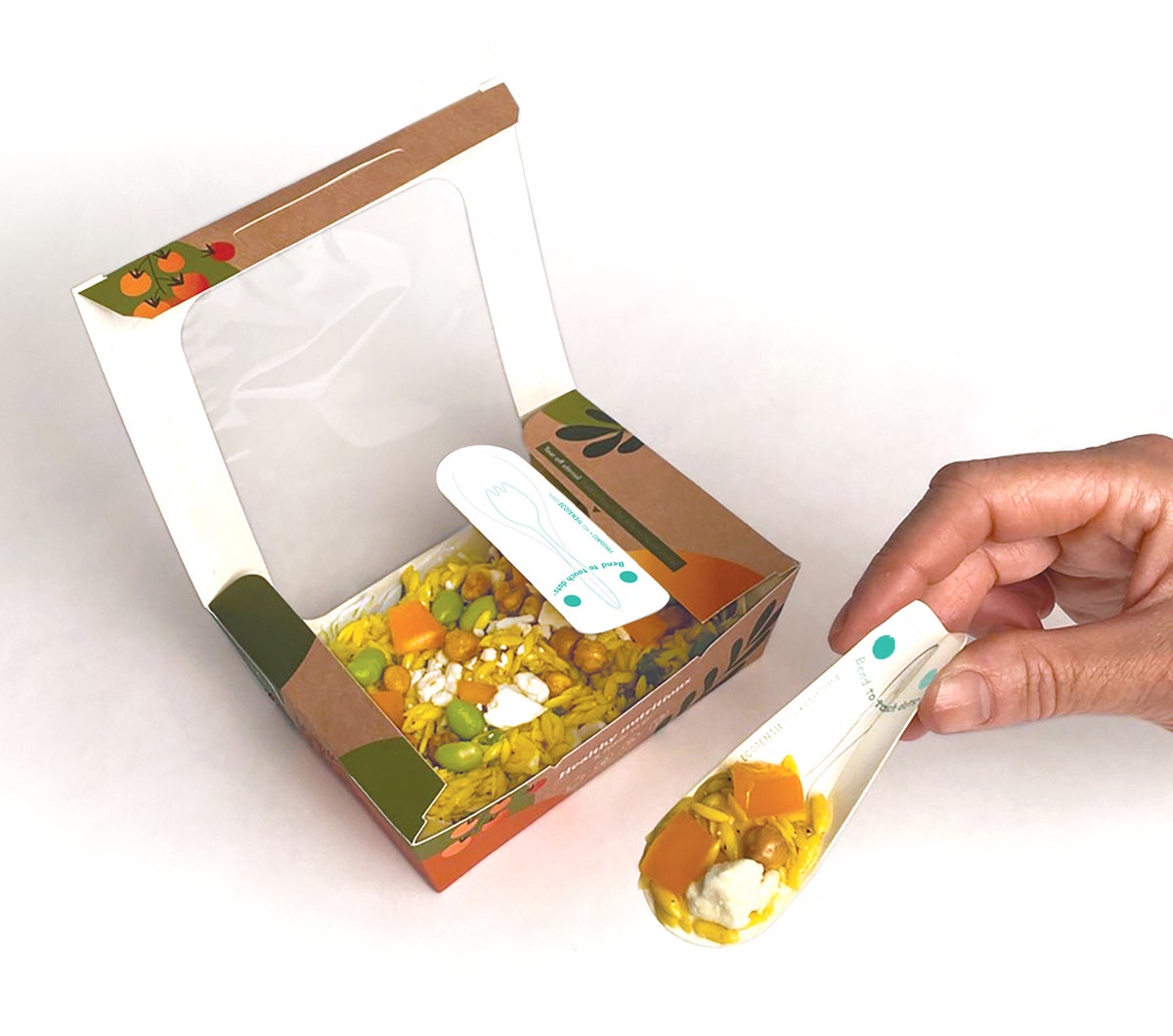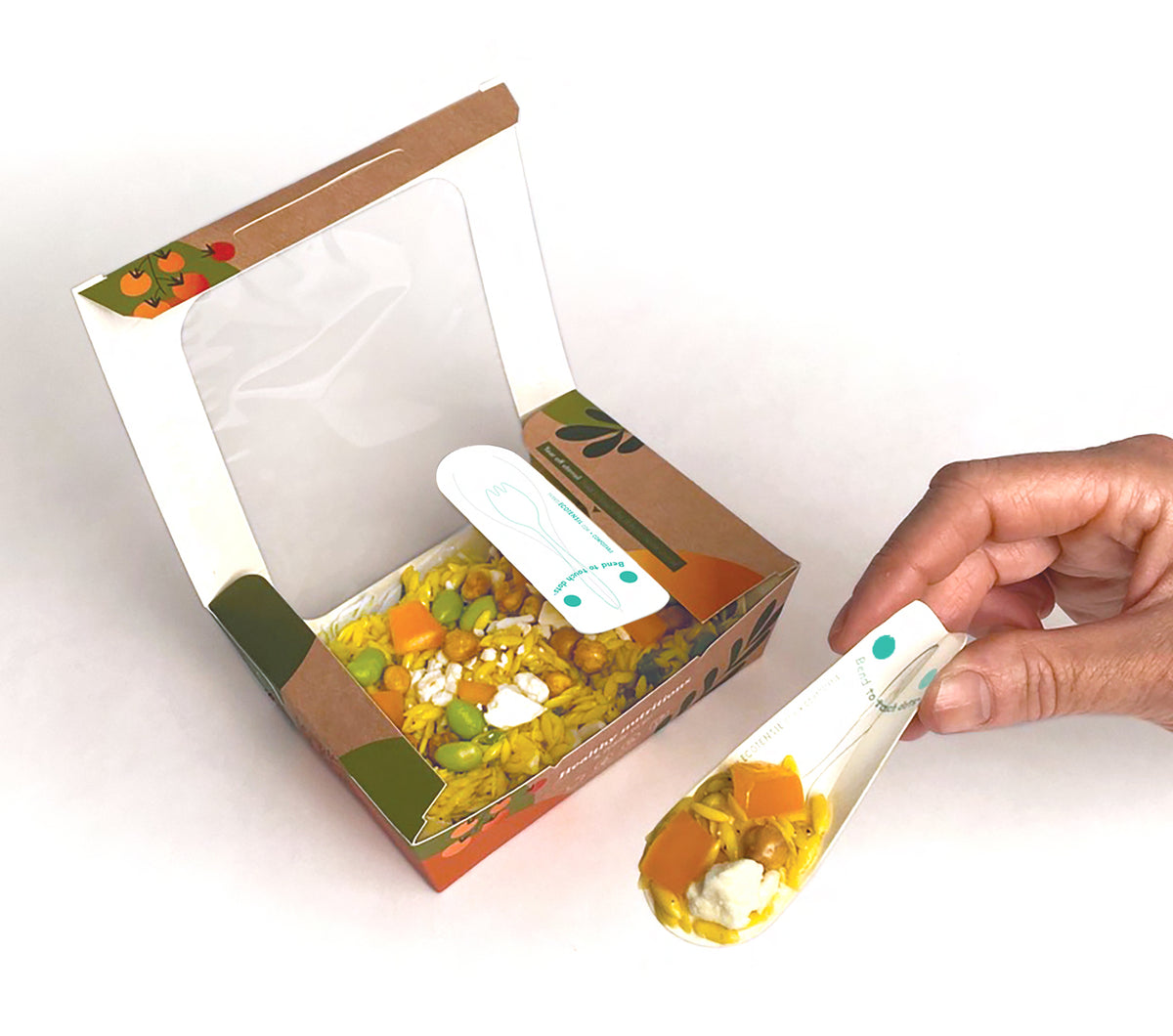February 2016 Newsletter

How will the new California composting
law affect my business?
One doesn't have to dig deep to see the growing national concern over food waste and other valuable compostable matter which is piling up as methane-producing waste in burgeoning landfills. Leading the charge to address this concern, California's Governor Brown has signed into law AB 1826 requiring businesses to recycle (compost) all organic waste starting April 1, 2016.
If your business generates 8 yards of organic waste per week, you will need to arrange for organic recycling services for all your compostable waste. By January 1, 2017 any business generating 4 yards will need to comply, and by 2019/20 business generating 2 yards may need to step up as well. It also means jurisdictions must implement composting programs to divert that organic waste and support businesses. Check our easy-to-read version of the Bill below, to see how businesses need to comply.

"In 2012, Americans threw away 35 million tons of food; that's more than any other type of material being put in landfills. As wasted food decomposes in a landfill, it generates methane, a greenhouse gas 25 times more potent than carbon dioxide."
What counts as organic waste?
- What is considered organic waste? In this context, it means any food waste (even bones), food-soiled, uncoated paper, compostable packaging, landscape and pruning waste, and non-hazardous wood waste.
- ALL of my organic waste? A business that meets the waste generation threshold must subscribe to a composting service for ALL of the organic waste it generates, NOT only the amount specified as the threshold quantity. A business will not be in compliance with the law if it only arranges for composting for a portion of the organic waste it generates.
- What about mixed waste? The law states organic waste mixed with non-compostable waste must be separated. Food-soiled compostable paper (such as EcoTaster) does not have to be separated from food waste. Businesses may use an organic waste processing service that offers mixed waste processing if available in the jurisdiction.
- Even Packaged food? Yes, a business has to unwrap packaged food individually. This includes: wrapped meat in trays, salad in bags, any food in non-compostable containers. However, some local jurisdictions or haulers may offer services for separating packaging.
- My business has multiple locations: A business with multiple locations must address EACH individual location separately, with the weekly threshold applying to each location. i.e; if one location exceeds 8 yards for one week, that location must arrange for composting for that week.

Who is affected?
Businesses in California producing over 8 cubic yards of organic waste per week, per location, must comply with AB 1826. Threshold moves to 4 yards minimum Jan 1, 2017.
How does the law define "business"? A business includes public entities, such as federal, state and local facilities. Also included are hotels, airports, schools, colleges, and event venues such as fairgrounds, convention centers, parks and multi-family dwellings consisting of five or more units. Venues are responsible? The requirement to recycle organics falls to the venue. e.g., a venue holding a large event is responsible for the waste generated there, or an airport or dock facility will be responsible to compost waste generated by the off-loading airplanes and ships. What if I share waste receptacles with other businesses? If a group of businesses with shared refuse containers (e.g., a strip mall or business park) collectively generates 8 cubic yards of organic waste per week, the group would need to arrange for composting services. Who implements this program? Each local jurisdiction is required to notify and implement programs to divert organic waste generated by businesses, or the jurisdiction may have its haulers do so. What if my event is temporarily at a location? There are no exemptions for businesses that periodically exceed the threshold or conduct temporary activities such as filming locations, fairs or other special events. Businesses should contact the local jurisdiction to arrange for collection services. My business is in a rural area. There is an exemption process for rural counties.How can businesses comply? What options do I have for composting?
There are several ways a business can manage its organic waste: 1. Separate organic waste from other waste and subscribe to a basic level of organic waste recycling service that includes collection and recycling of organic waste. 2. Subscribe to an organic waste recycling service that includes mixed waste processing. 3. Recycle its own organic waste onsite or self-haul for recycling.[if!supportlists] 4. Sell or donate its recyclable organic waste. Containers: Businesses will need to separate the organic waste, adding another bin if needed. Compliance: The host jurisdiction will help identify affected businesses, and inform them of how to implement the law. Local jurisdictions may enact more stringent requirements, independent of AB 1826.When do the laws take effect?
This law phases in the mandatory recycling of commercial organics over time, such that an increasingly greater proportion of businesses will be participating over time.January 1, 2016: Local jurisdictions are to have an organic waste recycling program in place. Jurisdictions will conduct outreach and education to inform businesses how to recycle organic waste in their area, and monitor, identify and inform those not in compliance with the law.
April 1, 2016: Businesses that generate eight cubic yards of organic waste per week shall arrange for organic waste recycling services.
January 1, 2017: Businesses that generate four cubic yards of organic waste per week shall arrange for organic waste recycling services.
January 1, 2020: If the state-wide disposal of organic waste has not been reduced by 50% from 2014 levels, requirements will expand to businesses creating 2 cubic yards of commercial solid waste.
Sources and resources:
Assembly Bill No. 1826:Support materials are posted on the Mandatory Commerical Organics Recycling webpage.
For more in depth Q&A from CalRecycle:
What is the difference between “biodegradable” and “compostable”?
Business can use the Where to Recycle map or FacIT facility database for identifying locations to recycle.
CalRecycle provides information about food waste prevention such as food banks, renderers, and commercial generators handling food waste.
Another great resource for food waste reduction and prevention information is US EPA’s website.
CalRecycle also provides information about how schools can reduce food waste.
Source: CalRecycle



